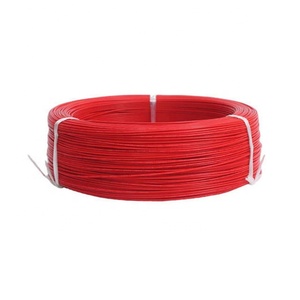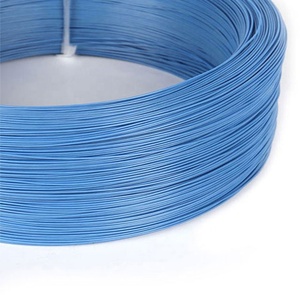Introduction to FOC Electrical
FOC Electrical, or Fiber Optic Communication Electrical systems, are integral components in modern telecommunications and data transmission networks. Leveraging the extraordinary capabilities of fiber optic technology, FOC electrical solutions offer substantial advantages over traditional copper wiring systems. With increasing demands for high-speed data transfer and connectivity across various industries, the role of FOC electrical systems has never been more vital.
Types of FOC Electrical Systems
- Single-Mode Fiber (SMF): Ideal for long-distance communication, SMF is designed to carry light directly down the fiber with minimal dispersion, enabling high data rates up to 100Gbps over several kilometers.
- Multi-Mode Fiber (MMF): Suited for shorter distances, MMF supports multiple light modes and is commonly used in data centers and local area networks (LANs) due to its cost efficiency and ease of installation.
- Active Optical Cables (AOC): These cables use integrated circuits to convert electrical signals into optical signals and are often used in high-speed data center connections.
- Passive Optical Networks (PON): This type of architecture uses passive devices like splitters to connect multiple users to a single fiber connection, making it perfect for applications in residential and commercial areas.
Applications of FOC Electrical Systems
- Telecommunications: FOC electrical systems are extensively used in communication networks to provide high-capacity, high-speed voice and data transmission.
- Data Centers: They serve as the backbone of data centers, facilitating fast and efficient data transfer between servers and storage systems.
- Broadcasting: In the broadcasting sector, FOC electrical systems deliver high-quality video and audio signals over long distances without degradation.
- Military and Aerospace: Their resistance to electromagnetic interference makes fiber optic systems perfect for sensitive applications in military and aerospace technologies.
Advantages of FOC Electrical
- High-Speed Data Transmission: Compared to traditional copper, FOC electrical systems allow for much higher bandwidth, making them ideal for data-heavy applications.
- Durability: Fiber optics are resistant to harsh environmental conditions and offer greater tensile strength, resulting in fewer maintenance interventions and longer lifespan.
- Lightweight and Space-Efficient: FOC cables are significantly lighter and thinner than copper cables, making them easier to install and manage in confined spaces.
- Enhanced Security: Fiber optics are less susceptible to tapping and signal interference, providing greater data security in sensitive applications.






















